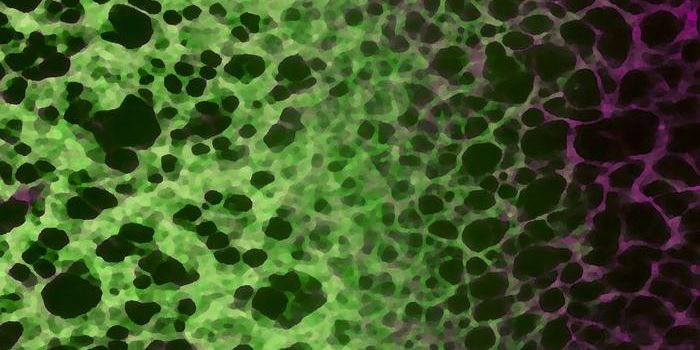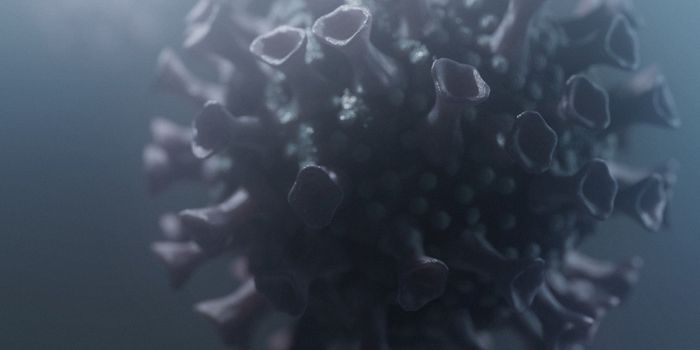A Mother-to-Fetus COVID-19 Transmission Has Devastating Consequences
A pregnant woman infected with the pandemic virus SARS-CoV-2 passed the virus on to her unborn child through the placenta. This woman was infected during the 21st week of her pregnancy and fell moderately ill. The infection had devastating consequences for the infant, who was born prematurely with multiple birth defects and who died.
In most cases where we know pregnant women have been infected with the virus, that's happened during their third trimesters. It is thought that the immune system of pregnant women is less active during their second trimester, however.
Related: Baby Born With COVID-19 Antibodies
After the patient was ill for two weeks and was then testing negative for SARS-CoV-2, there was an ultrasound that revealed severe fetal abnormalities. The flow of blood in the umbilical artery was impaired, and the growth of the fetus had been restricted. Two weeks later, a boy was born prematurely via Cesarean section and died after about 36 hours in the NICU. Before COVID-19 had occurred, the pregnancy had been progressing normally. The mother had no previous risk factors of severe neonatal pathology, and the pregnancy had developed normally until COVID-19.
Reporting in Viruses, the researchers were able to confirm that the child had been exposed to the virus; the infant carried COVID-19 IgG antibodies, and PCR showed that several SARS-CoV-2 and SARS-CoV-like genes were present in the placenta and umbilical cord blood.
This study is probably the first known report of SARS-CoV-2 proteins in the placenta, and it showed that mass spectrometry can be used to identify SARS-CoV-2 in biological samples.
"The mass spectrometry-based method of virus detection used in this study was developed at Skoltech [Skolkovo Institute of Science and Technology] last year. In this method, the S- and N-proteins of the virus are unambiguously detected. This approach provides 100 percent selectivity for virus detection, making mass spectrometry the gold standard for COVID diagnostics. The method can be used without any modification for detection of the SARS-CoV-2 virus with any mutations," said study co-author Dr. Alexander Brzhozovskiy of Skoltech.
The authors noted that SARS-CoV-2 infection is possible during the second and third trimester of pregnancy, and that transmission of the virus to the fetus can have severe consequences including organ damage.
Luckily, now we also know that pregnant women can pass down antibodies against the pandemic virus to their developing babies.
Sources: AAAS/Eurekalert! via Skolkovo Institute of Science and Technology, Viruses









